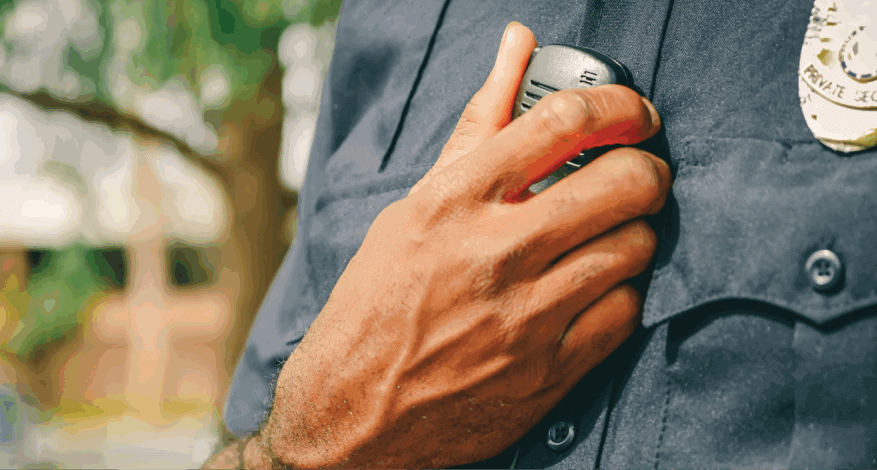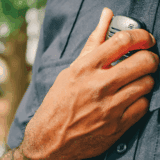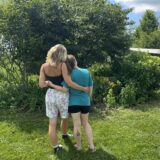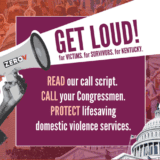The Recent Mass Shooting in Lexington
This weekend’s mass shooting in Lexington was devastating.
We hold the families of Beverly Gumm and Christina Combs in our hearts—as well as the wounded and their faith community. We grieve and stand with you.
In the days and weeks ahead, hard questions will be asked. How could this tragedy have been prevented? What warning signs were missed? What more could’ve been done and by whom?
“There is also a need for self-reflection among all of us,” says Darlene Thomas, GreenHouse17 Executive Director, in an interview with Linda Blackford of the Herald-Leader. “It often feels like the people held responsible are the victims themselves, and we blame them — they should have had a safety plan, etc. — instead of focusing on the problem. We as a society need to start taking the responsibility off victims and onto batterers.”
We owe it to the victims and each other to answer those questions while acting on what we already know:
Domestic violence always has the potential to turn lethal. The threat is very real for the abuser’s current partner, previous partners, the children and families of those partners, law enforcement, victim advocates, and our community at large.
Domestic violence is a pattern of power and control. The danger increases when the abuser believes that power is slipping away.
Ending a human life is the ultimate act of control. When an abuser has access to a gun, the risk of homicide increases five-fold. A history of domestic violence or harming family and intimate partners has been found in 68% of mass shootings in the United States.
Our hotline – 800-544-2022 – is answered 24 hours a day, every day of the year. Our specially trained advocates can help safety plan if you or someone you know is being abused, threatened, stalked, or harmed by a partner.
If you’re a survivor of domestic violence, you may be feeling triggered or more scared about your safety. Our advocates are available for you, too, whether it’s been months or years since you survived the abuse.








